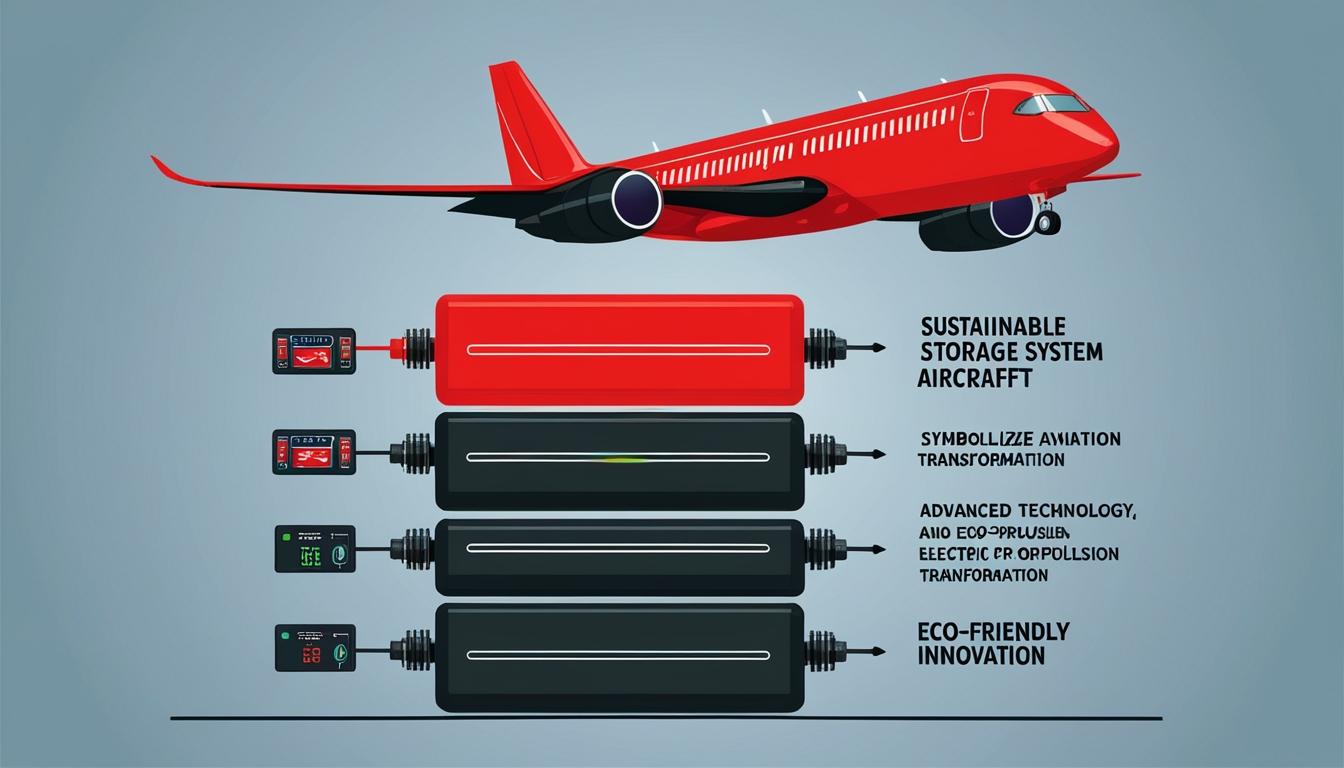BAE Systems has solidified its position in the evolving aerospace industry through a new partnership with Airbus, focusing on the development of energy storage systems for commercial aircraft under the micro-hybridisation demonstration project. This collaboration is a significant leap towards sustainable aviation, aiming to integrate electrification technologies that could drastically reduce the aviation sector's carbon footprint.
As part of this agreement, BAE Systems will be responsible for designing, testing, and delivering advanced energy storage packs specifically tailored for electric aircraft, with an impressive capacity of 200 kilowatt-hours. These high-capacity systems are set to enhance energy efficiency and performance by supporting electric propulsion during critical phases of flight, contributing to overall operational sustainability.
In the pursuit of advancing hybridisation technology, BAE Systems will supply Airbus with energy storage systems intended for laboratory testing and system integration. This move aligns with an increasing industry focus on reducing environmental impacts and improving operational viability.
Drawing on over 25 years of experience in electric power and propulsion systems, BAE Systems is well-equipped to tackle the intricacies of aircraft electrification. The company's expertise in safety-critical systems has driven the development of technologies that adhere to stringent performance and certification standards essential for energy storage systems. According to BAE Systems, their technologies boast certifiability, fault tolerance, and adherence to the highest safety standards — critical attributes that include solutions for thermal runaway mitigation and containment.
Moreover, BAE Systems is actively addressing the prominent challenges associated with energy storage in electric aviation. Their innovative family of energy storage products is engineered to strike an optimal balance of energy and power for the upcoming generation of aircraft. The company is also on a roadmap to achieve a remarkable energy density of 300 Wh/kg using high-volume standard format cells, which is set to facilitate cost-effective and scalable upgrades in alignment with advancements in battery technology.
The energy storage system's development will take place at BAE Systems' state-of-the-art engineering and manufacturing facility located in Endicott, New York. This facility is designed to support the company’s commitment to advancing aerospace technologies and project initiatives.
As the aviation industry continues to explore innovative solutions, BAE Systems’ collaboration with Airbus represents an important chapter in the transformation of commercial flight operations, paving the way for sustainable and efficient aircraft design and electrification.
Source: Noah Wire Services
